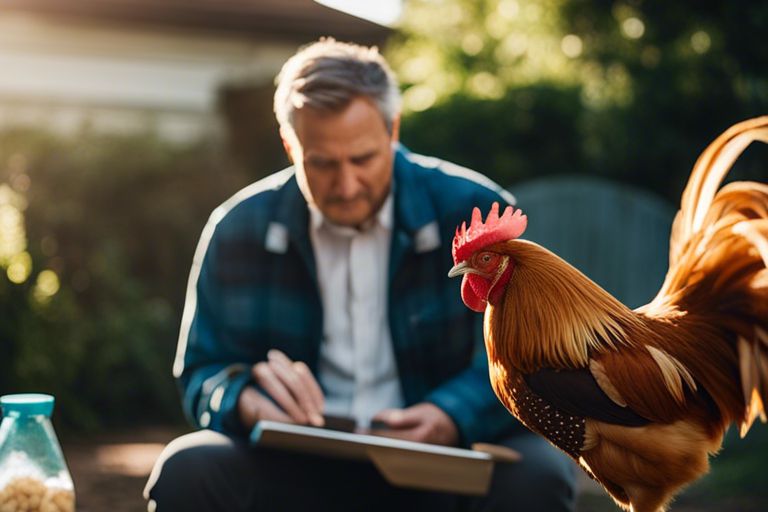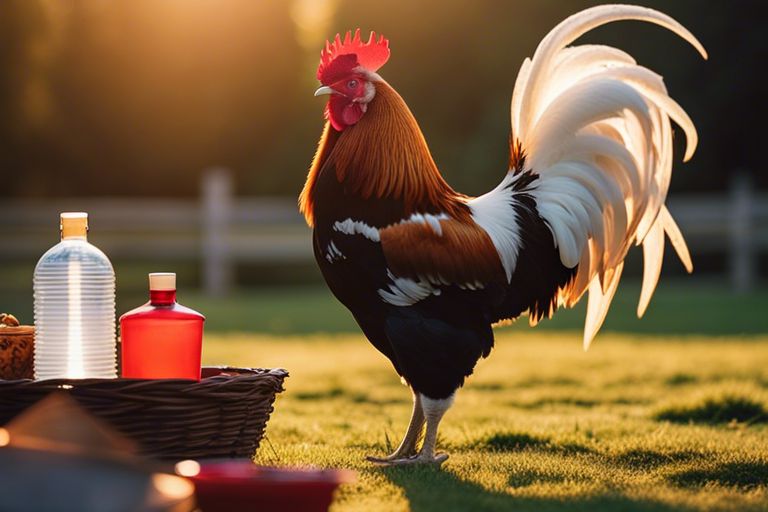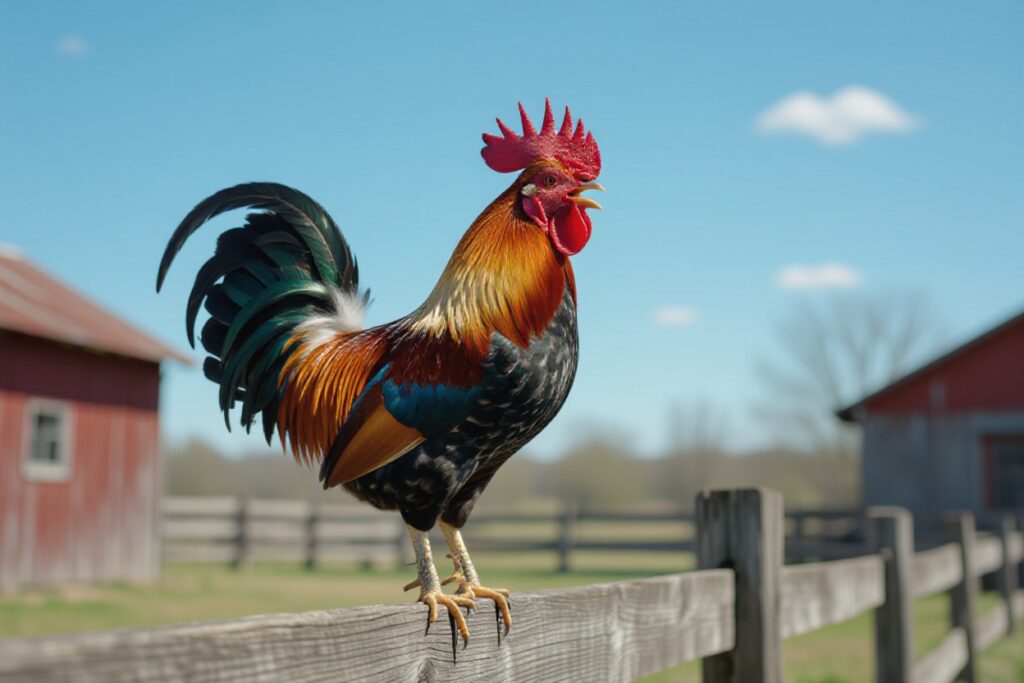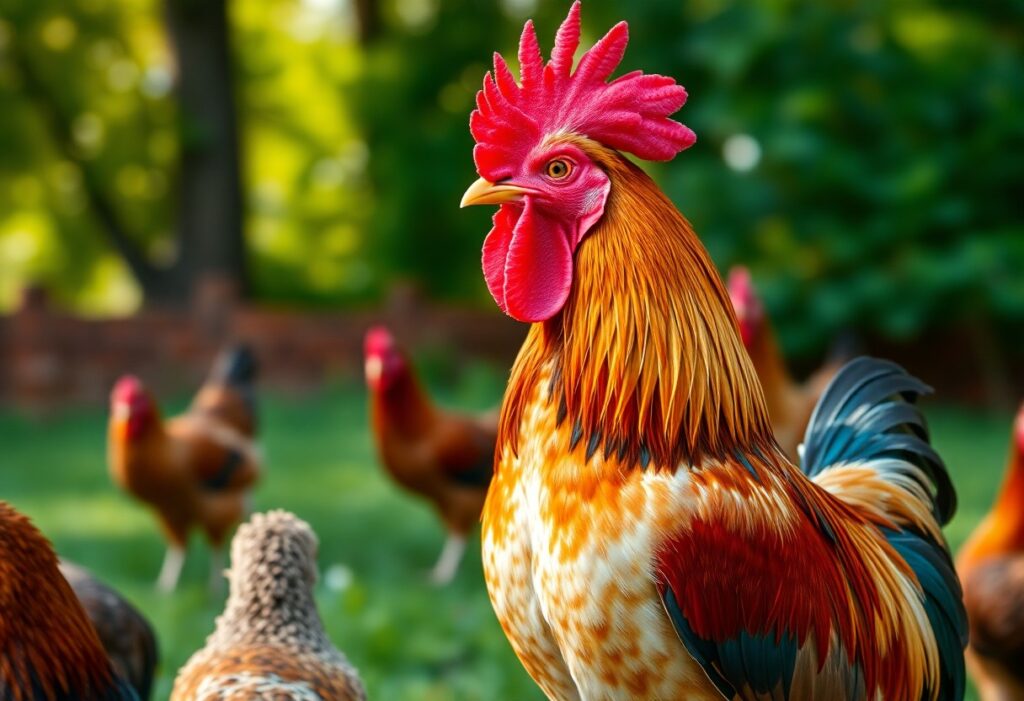The majestic world of roosters is a vibrant one, filled with crowing calls and feathery displays. In this realm, it is crucial for poultry enthusiasts to keep a watchful eye for signs of illness in their roosters. Just like any other living being, roosters can fall victim to various health issues that may require prompt veterinary attention. Understanding the subtle signals of sickness in these proud birds can make a significant difference in their well-being and longevity. Let us explore the key indicators that signify when it’s time to seek professional veterinary care for your beloved rooster companions.
Common Symptoms of Illness in Roosters
Behavioral Changes
On observing any behavioral changes in your rooster, such as decreased activity levels, isolation from the flock, increased aggression, or lethargy, it could indicate an underlying health issue. Changes in vocalizations or feeding habits may also be signs of illness in roosters. It is vital to monitor your rooster’s behavior closely to detect any deviations from its normal patterns.
Physical Signs
Any physical signs of illness in roosters, such as abnormal feces, disheveled feathers, difficulty breathing, nasal discharge, or swollen joints, should not be ignored. These visible symptoms can often be the first indicators of a health problem in your rooster. Seeking prompt veterinary care is crucial to ensure early diagnosis and proper treatment to alleviate your rooster’s discomfort.
Signs of illness in roosters can manifest in various ways, including both behavioral and physical changes. It is important for poultry owners to be vigilant and observant of any deviations from their rooster’s normal behavior or appearance to identify potential health issues early on.
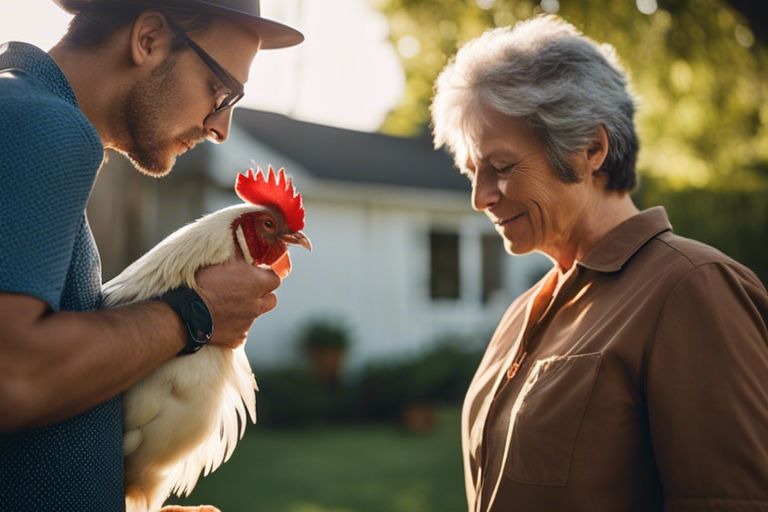
Specific Rooster Health Concerns
Respiratory Issues
Health issues related to a rooster’s respiratory system can be quite common and should not be ignored. Signs of respiratory issues include coughing, sneezing, wheezing, nasal discharge, and labored breathing. If you notice any of these symptoms, it is crucial to seek veterinary care promptly to determine the underlying cause and begin necessary treatment.
Digestive Problems
Health problems affecting a rooster’s digestive system can include issues such as diarrhea, constipation, and impacted crops. These problems can be caused by various factors, including improper diet, bacterial infections, or parasites. If you observe changes in your rooster’s droppings, eating habits, or behavior, it is important to consult with a veterinarian to diagnose the issue accurately and provide appropriate treatment.
Roosters are susceptible to several health concerns that can impact their overall well-being. By staying vigilant and recognizing early signs of illness, you can ensure that your rooster receives timely veterinary care and appropriate treatment to improve its chances of recovery.
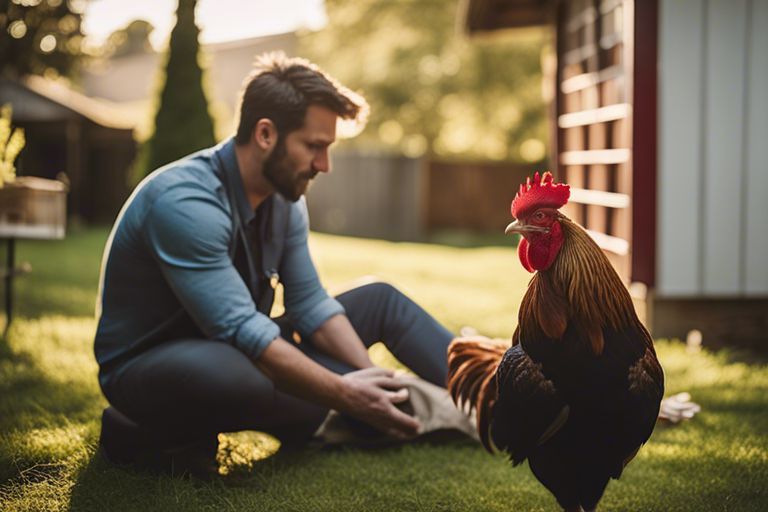
Preventative Measures and Wellness
Proper Nutrition
With a balanced diet rich in nutrients, vitamins, and minerals, roosters can maintain optimal health and prevent many illnesses. Ensure they have access to clean water at all times and feed them a high-quality poultry feed suitable for their age and breed. Supplement their diet with fresh fruits, vegetables, and occasional treats to keep them healthy and happy.
Safe Housing and Environment
To provide a safe environment for your roosters, make sure their coop is spacious, well-ventilated, and secure from predators. Bedding should be clean and dry to prevent respiratory issues and infections. Regularly clean the coop and remove any wet or soiled bedding to maintain a healthy living space for your birds.
Preventative measures such as regular health check-ups, deworming, and vaccination schedules can help keep your roosters in top condition. Avoid overcrowding in the coop, provide enough space for exercise, and monitor their behavior and appetite daily to catch any signs of illness early. By focusing on proper nutrition, a safe environment, and preventative care, you can promote the wellness and longevity of your roosters.
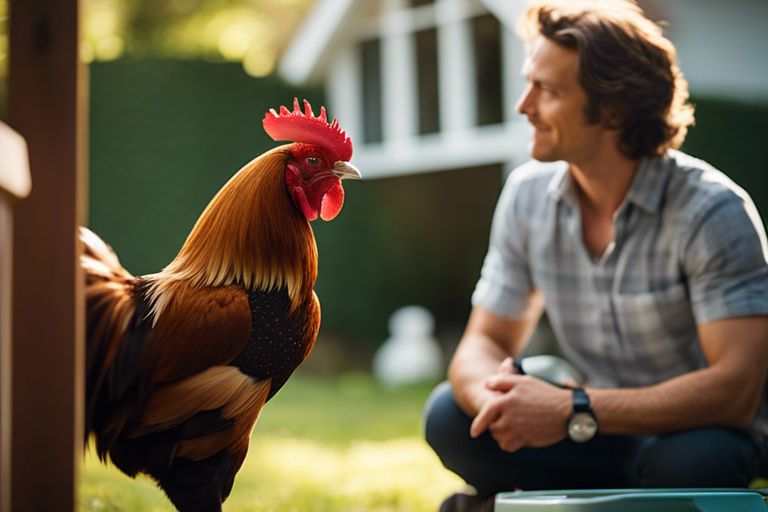
When to Seek Veterinary Care
Emergency Situations
An emergency situation in a rooster can be identified by clear signs of distress such as difficulty breathing, sudden weakness, severe injuries, or significant bleeding. Any sudden or severe changes in behavior or appearance should prompt an immediate call to your veterinarian. It is crucial not to delay seeking professional help in such cases to ensure the health and well-being of your rooster.
Routine Health Checks
Seeking routine veterinary care for your rooster is crucial for maintaining its overall health and catching any potential issues early on. Regular check-ups allow the veterinarian to monitor your rooster’s weight, examine its overall condition, and provide necessary vaccinations or treatments. These routine visits also offer an opportunity for you to discuss any concerns or queries you may have about your rooster’s health with the veterinarian.
For instance, a regular health check may involve looking for signs of common poultry illnesses such as respiratory issues, parasites, or nutritional deficiencies. Your veterinarian can provide guidance on preventive measures to keep your rooster healthy and strategies to address any health concerns that may arise.
Summing up
Following this guide on recognizing signs of illness in roosters and when to seek veterinary care is crucial for maintaining the health and well-being of your flock. By being vigilant and acting promptly when you notice any of the outlined symptoms, you can prevent the spread of disease and ensure your roosters receive the necessary treatment to recover. Do not forget, early intervention is key in addressing health issues in poultry, so don’t hesitate to consult a veterinarian if you have any concerns about the health of your roosters.
FAQ
Q: How can I recognize signs of illness in roosters?
A: Signs of illness in roosters include lethargy, decreased appetite, abnormal droppings, respiratory issues, and changes in behavior or appearance.
Q: What are red flags that indicate a rooster needs veterinary care?
A: Red flags include difficulty breathing, not eating or drinking, severe lethargy, discolored comb or wattles, and any visible injuries or abnormalities.
Q: When should I seek veterinary care for my sick rooster?
A: It is advisable to seek veterinary care for your sick rooster as soon as you notice any concerning symptoms or if the bird’s condition does not improve within 24-48 hours.
Q: What can I do at home to help a sick rooster before seeking veterinary care?
A: Provide a quiet, warm, and clean environment for the rooster, offer fresh water and tempting foods, and monitor the bird closely for any changes in behavior or symptoms.
Q: How can I prevent illness in my roosters?
A: To prevent illness in roosters, ensure they have a clean and spacious living environment, provide a balanced diet, practice good biosecurity measures, and regularly monitor their health and behavior.
Q: Can I treat my rooster at home without veterinary care?
A: While some minor illnesses or injuries can be treated at home with proper knowledge and care, it is always best to consult with a veterinarian for any significant health issues or concerns.
Q: What are common illnesses that affect roosters?
A: Common illnesses in roosters include respiratory infections, parasites, injuries, bumblefoot, and reproductive disorders. Regular health checks are crucial to detect and treat these conditions early.
